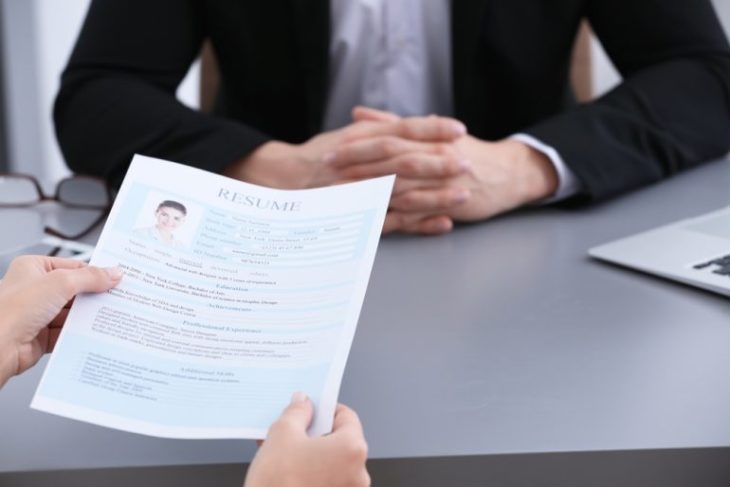We know it can be tricky to go ahead and send your resume after you’ve not used it for a few months. Maybe there are new things you need to update? Or maybe you don’t even have one? Well, if you are here then chances are that you need to make a new resume, and you need to make it the right way.
So in order not to dwell on it too much, this article is going to tell you how a well-written resume can land you any job you want.
It’s all about telling a story…
Contents
1. Don’t tell everything

Source: Adobe Stock
Whenever we send a resume for a specific job, we are asked to highlight the previous jobs and skills that are related to the job. So it’s precisely why we advise STRONGLY against adding every past experience and job you’ve had. If the jobs are all within the realms of relevancy, then there is no need to not include them. However, do be cautious as most companies or businesses do not like stuff that is not relevant to their needs.
2. But have them on a master list

Source: Shutterstock
You will be applying for jobs, and the jobs might vary by nature. In this specific position, you will be sending (again) relevant information to the people who will be revising your resume. So in order to not make a new resume every time, you apply for a different job, why not make a master resume and take all the necessary information out of it whenever you need? All you need to do is copy and paste, which sounds very easy.
3. Put everything good “Above the Fold”

Source: Adobe Stock
Above the fold means the first impression we get whenever we read a document, a newspaper, an article. And according to cnbc.com, putting every good quality above the fold significantly increases your chances as they will be the first thing the reviewer sees. In resume words, above the fold means putting every good quality, experience, job, accomplishment, in the 1st third of the document.
4. Use reverse chronological order

Source: Shutterstock
What does reverse chronological order mean? Well, reverse chronological order means listing everything you’ve worked recently first and it is a very popular choice in the resume writing field. This brings up relevancy into the discussion, and it should be avoided only if it’s absolutely necessary to add something else from previous years.
5. What should be the optimal page length?

Source: Shutterstock
It can become a highly heated debate whenever someone mentions one or two page resumes. While there are benefits to making your resume two pages long, it’s very unnecessary and it goes against everything we’ve told you so far. A resume can have a lot of information on it, and it needs to be relevant to the job. So because of that, we recommend you make your resume one page long. Having the ability to tell the entire story, but in less space, is a quality that most companies can appreciate a lot. What’s even more interesting is that you can Google ways on how to cut down on content, or you can go the extra mile by hiring a designer to organize your resume to better suit your next application run.
